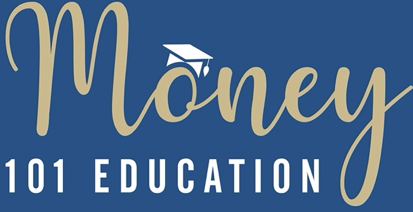
Real Estate Segment Curriculum
Five classes focusing on: factors to consider when purchasing real estate for personal use or investment purposes, key clauses to negotiate in a property contract, understanding closing costs, how to shop and prepare for a successful mortgage application , determining in advance the loan amount loan a bank will approve, tax benefits, how a bank property appraisal my affect the purchase, impact of interest rates, and for investment properties challenges and benefits including depreciation expense.
CLASS 1: RENT VS PURCHASE
- What is motivating you to invest in real estate?
- The difference between investing in a primary residence, part-time vacation residence, commercial property for your business, and rental investment property
- Financial resources you need in advance of a purchase
- Comparing primary residence cost or renting to the cost of home ownership – primary
- Will you save on taxes by being a homeowner?
CLASS 2: FINDING A PROPERTY
- Researching properties – the fun part – where to look – using Zillow, streeteasy, realtor.com
- Using a broker – pros and cons, understanding commissions, what is FSBO
- Factors to consider in your search – how to research the area
- Difference between a Cooperative and a Condominium
- Understanding the Co-Op or Condo’s financial statements – with Focus on accounts receivable, accounts payable, and reserve funds. Risks if the building relies on rent from commercial tenants.
- Interviews by Co-op and Condo Boards
- Flip taxes and assessments
- Professionals you need on your team (attorney, accountant, insurance broker)
CLASS 3: PURCHASE AGREEMENT
- Purchase Agreement – key clauses (Inspection Dates, Mortgage Contingency Date)
- Timing: Attorney review, Hiring a Home Inspector, Applying for a mortgage
- Reading the Cooperative or Condominium By-Laws
- Closing fees – what to expect (utility measurements, real estate pro-rating)
- Securing Insurance before closing
- Capital Gains tax and the benefit you receive if your primary residence is sold.
CLASS 4: SHOPPING FOR A MORTGAGE
- Mortgage Brokers vs. Going Direct to a lender
- Pre-Approval and Pre-Qualification letters
- How much can you afford?
- Paperwork to gather in advance of an offer,
- Factors that are important in Shopping for a Mortgage – interest rates, adjustable vs. fixed, term, origination fees/points, other fees,
- What is meant by “escrow,” and how is it calculated
- Prepayment penalties, subordinated debt, balloon payments.
- Review of a closing settlement statement
CLASS 5: INVESTMENT REAL ESTATE
- Investment real estate – how commercial mortgages differ
- Determining cash flow and break even
- Understanding Depreciation expense
- Management – Self-Managed vs. hiring a Property Manager
- Finding tenants- broker vs. doing it yourself, applications, and credit checks
- Security Deposits – new laws limit what can be requested
- Recent changes in the laws which are more protective of tenants
- Eviction challenges
- 1040 Tax Return – Schedule E – for rental properties
- Selling the property, exit expenses, capital gains tax, depreciation recapture tax, Real Property transfer taxes,
- Alternate ways of becoming a diversified real estate investor (REIT’s)
